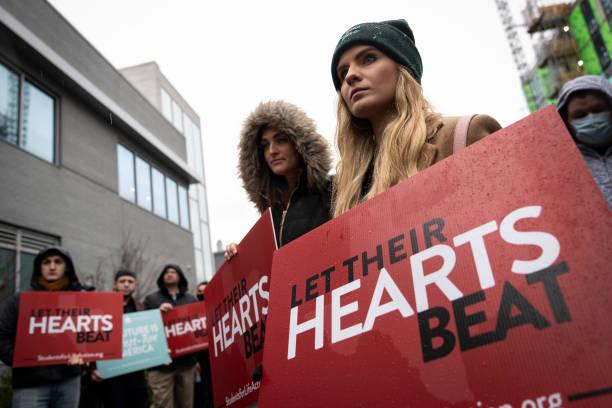The Department of Justice (DOJ) has directed federal prosecutors to scale back enforcement of a federal law protecting access to abortion clinics while criticizing the use of these protections by the DOJ under the Biden administration to target pro-life protesters.
The directive, outlined in a DOJ memo issued on Jan. 24, instructs prosecutors to enforce a law called the Freedom of Access to Clinic Entrances (FACE) Act only in “extraordinary circumstances” involving death, extreme bodily harm, or significant property damage.





